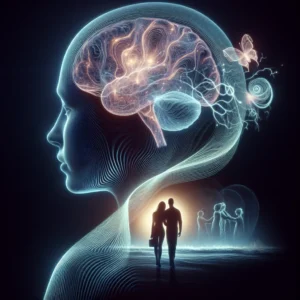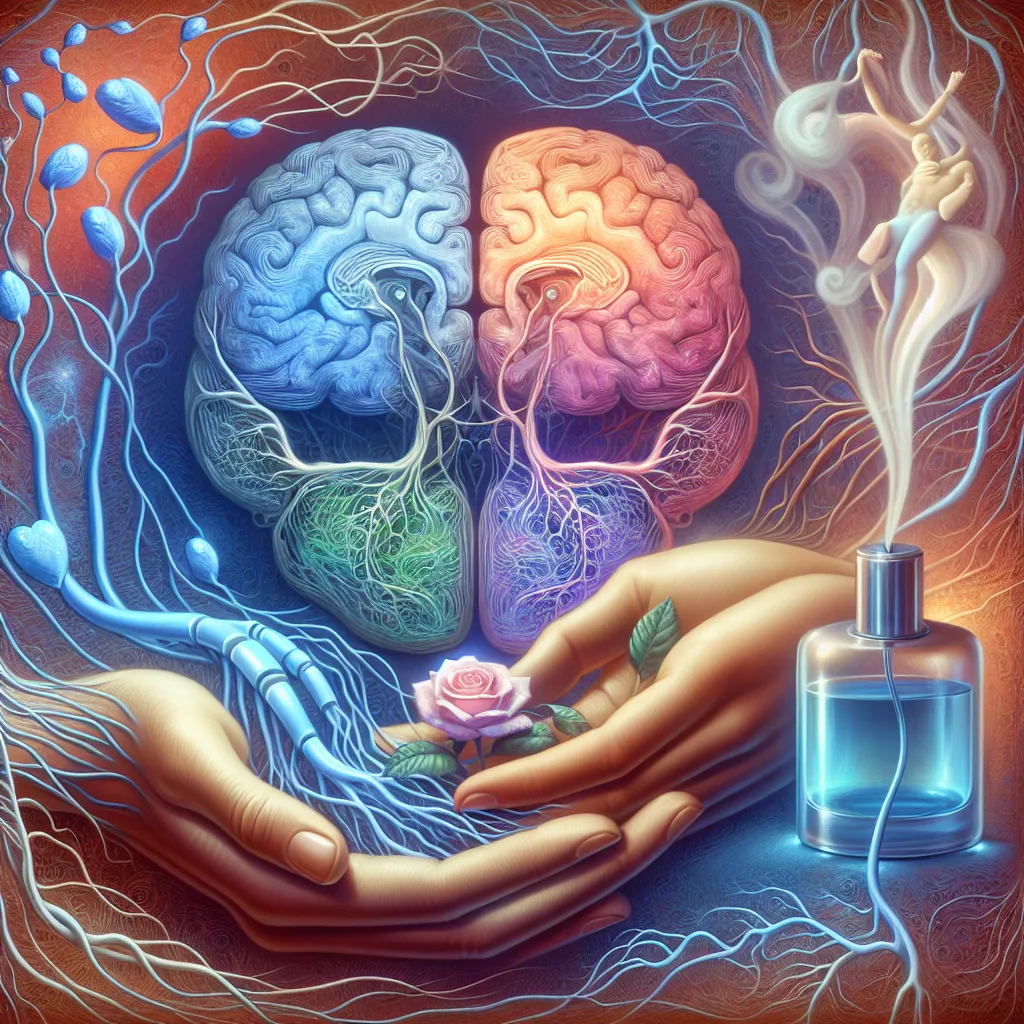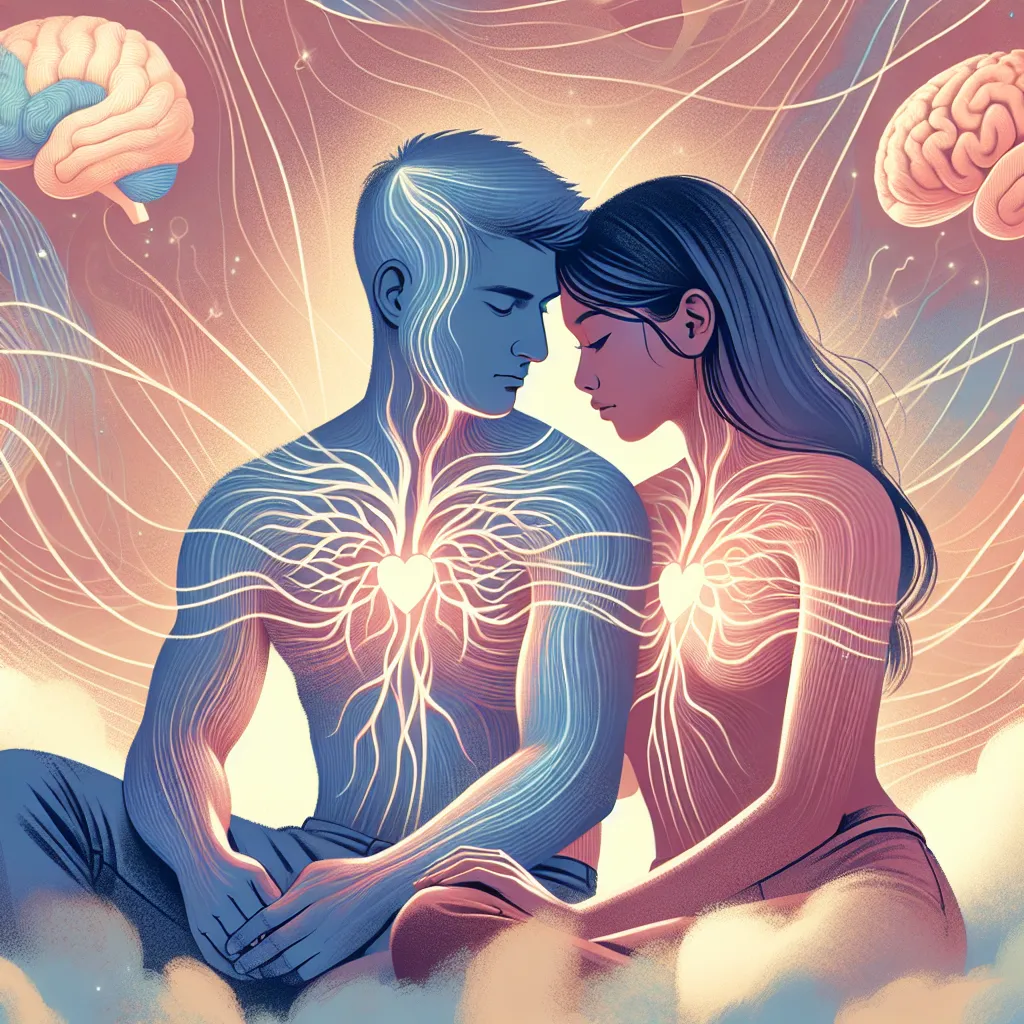Hello, relationship seekers!
Today, we’re diving deep into an important question about relationships: “What neural mechanism makes someone obsessively replay memories of an ex after a breakup?”
The Direct Answer
The act of obsessively replaying memories of an ex after a breakup is primarily attributed to the brain’s reward system, specifically the areas associated with addiction and craving. When we’re in love, the brain releases chemicals like dopamine and oxytocin, which create feelings of happiness, reward, and attachment. After a breakup, the sudden absence of these feel-good hormones creates a sense of withdrawal. This is similar to how a person reacts when they stop using addictive substances. The brain craves the ‘feel-good’ state that the relationship provided, leading to the obsessive replay of memories.
Now, let’s explore the extensive evidence and details that support this answer:
1. The Brain’s Reward System and Love
The brain’s reward system plays a vital role in our emotional and romantic experiences.
A. Love as an Addiction
In many ways, love can be compared to addiction. According to Dr. Helen Fisher, a biological anthropologist, romantic love is “an addiction: a perfectly wonderful addiction when it’s going well, and a perfectly horrible addiction when it’s going poorly.” Research from her team found that the same brain regions light up when someone is in love as when someone is under the influence of drugs like cocaine.
B. Dopamine and Oxytocin
Dopamine, the ‘feel-good’ hormone, is released in abundance when we fall in love. It is associated with feelings of euphoria, motivation, and reward. Oxytocin, the ‘bonding hormone,’ is released during physical touch and intimacy, strengthening the bond between partners. After a breakup, the sudden lack of these hormones can lead to feelings of withdrawal, similar to an addict coming off a substance.
C. Cravings and Memories
The brain’s craving system is also activated after a breakup. This system, located in the ventral tegmental area of the brain, pushes us to pursue the things we desire. When you’re unable to be with your ex, your brain will often respond by replaying memories of them, similar to how an addict may fantasize about their substance of choice.
2. The Role of Memories in Breakups
Memories play a critical role in how we process breakups.
A. Why We Replay Memories
After a breakup, replaying memories serves a purpose. It’s a way for your brain to make sense of the emotional upheaval and seek closure. Sometimes, the memories can be painful, but they can also be comforting, reminding you of the happier times in the relationship.
B. Selective Memory
Often, we selectively remember the positive aspects of the relationship and overlook the negatives. This is known as “rosy retrospection.” This bias can further fuel the craving to return to the ‘good old days’ and intensify the replay of positive memories.
C. Memory and Emotional Processing
Replaying memories can also be a part of the emotional processing that occurs after a breakup. This process helps us to accept the end of the relationship and move forward. However, when these memories become obsessive, it can hinder our ability to heal and move on.
3. Coping with Post-Breakup Memories
While it’s normal to replay memories after a breakup, it’s important to prevent it from becoming obsessive.
A. Understanding Your Emotions
Recognizing and understanding your emotions can help in managing post-breakup memories. Accept that it’s normal to miss your ex and feel a sense of loss. Recognize that your brain is simply trying to cope with these feelings.
B. Mindfulness and Distraction
Practicing mindfulness can help manage obsessive thoughts. Being present can prevent you from dwelling on past memories. Additionally, finding healthy distractions can help break the cycle of obsessive thoughts. This could include hobbies, exercise, or spending time with friends and family.
C. Seek Professional Help
If you find yourself unable to break the cycle of obsessive thoughts, consider seeking professional help. Therapists can provide strategies and techniques to help manage these thoughts and guide you through the healing process.
4. Additional Context and Considerations
While understanding the neural mechanisms can be helpful, it’s important to remember that everyone copes with breakups differently.
Conclusion: The Definitive Answer
Based on all the evidence we’ve examined:
– Love as an Addiction: Love activates the same brain regions as addictive substances, leading to a similar withdrawal process after a breakup.
– Role of Memories: Replaying memories is a normal part of the healing process, but it can become obsessive if not managed properly.
– Coping Strategies: Understanding your emotions, practicing mindfulness, finding healthy distractions, and seeking professional help can all aid in managing post-breakup memories.
– Final verdict: The neural mechanism that makes someone obsessively replay memories of an ex after a breakup is primarily the brain’s reward system going through a withdrawal process, coupled with the emotional process of healing from the breakup.
Understanding these neural mechanisms can provide solace and guidance during the challenging post-breakup period. It is a reminder that our brains are wired to form deep emotional connections, and breaking those connections can be a painful process. This understanding can encourage us to approach our feelings with empathy and patience, fostering a healthier path toward healing.



